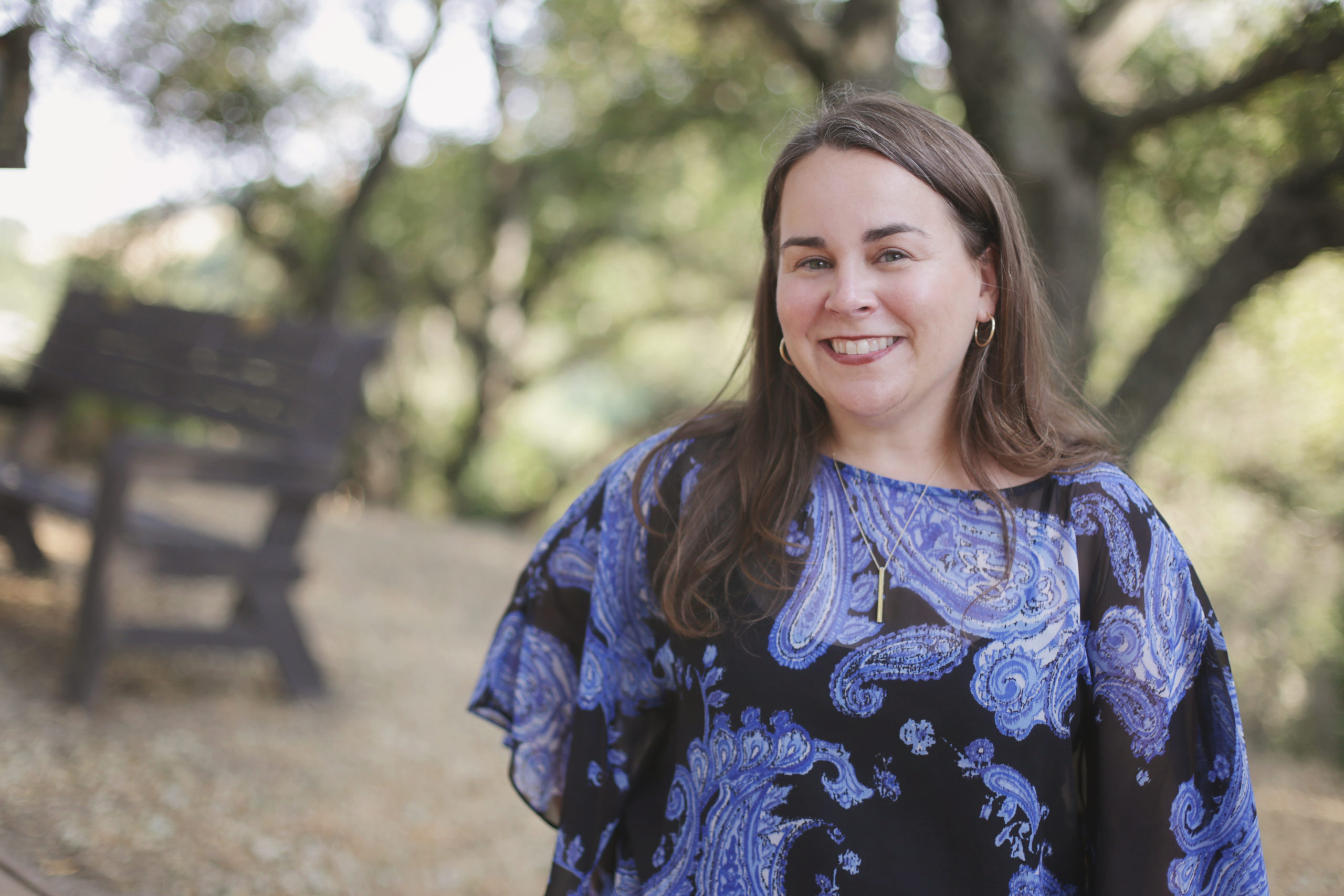Intentional Comfort is the theme of this season, and in this episode I’m taking inspiration from Priya Parker’s Art of Gathering, and using her 3 rules of gathering to consider new ways to reconnect with what nourishes, fortifies, and supports you. While her Ted Talk is about how to interact in groups and gatherings in new ways, I find that her rules and thoughts offer insights on how to connect with yourself, and how to determine what is meaningful to you when looking for intentional comfort.
Here are the basics of what I’m covering:
Don’t leave it to chance
This is the intentional part of things. If we leave the relationship and connection we have to and with ourselves to chance, it’s far too easy to focus on the basics and logistics of life, and ignore time for self care. If you’re longing for more time for yourself, or time to do thoughtful, comforting things, schedule that time in.
Embrace your purpose
For many of you, especially over the stretch of the pandemic, you may have developed some habits that aren’t really serving you. And, while they likely did serve you for a period of time, now that we’re nearly into the third year of all of this, I think the way we look at comfort and what fortifies us has likely changed. It’s become super apparent that this isn’t about a sprint, this is about a transition. What is the purpose, or meaning, behind setting up time for intentional comfort?
How can you craft something that supports and nourishes you, as we all work through this transition together?
What is the purpose of what you want to do, in finding comfort?
What would meet your needs?
If you’re looking for an escape, what does that look like given any of your current constraints?
If you’re looking for peace and quiet, why?
And if you dig a layer deeper, is there something you feel is missing?
Cause good controversy
Priya says that “human connection is as threatened by unhealthy peace as it is by unhealthy conflict.” And, I’d add that this connection is true for gatherings as it is for the connection you and I have with ourselves.
For this, I’d ask yourself what do you need, right now? Drop any sort of “shoulds” or polite answers. You’re answering this just for yourself.
Some of these answers might be overly simple: a walk, a shower, a drink of water, a meal
Some of these answers might be more complicated and feel harder to figure out: a feeling of connectedness, quiet time when I’m not needed by anyone else, a day to just bake cookies and connect with the holiday spirit
How can you do this? It might feel like it involves creating some good controversy, especially if it involves speaking up to divide up housework with your family, to find quiet time, to find time to pursue a hobby, or to interview for a new job. You may need help from other people to do these things. So, dive in and ask yourself what you need and then figure out what kind of help you need from other people in your family.
The other side of this good controversy could be a totally inside job. It could be that you’ve been sitting with something for a long time that doesn’t feel so great, and in order to find comfort and joy on the other side, you need to work through it. You may need to break through a Story – or something you’re assuming is true but isn’t really true.
Use “pop up” rules
Priya suggests this for groups that gather that don’t necessarily share the same background, or are part of the same generation, culture, or rules for etiquette. She says in those situations, you can set up pop up rules to encourage meaningful connection.
What if you changed your own rules for a bit? What rules could you set for yourself, just for a day or a week, to support yourself?
An example might be: set a bedtime for yourself for the next week if you are tired.
Make a rule for yourself that this week, you will slow down and have an afternoon snack and see how that feels.
Limit your interaction with people who stress you out, if possible.
Maybe if there’s a particular person that tends to upset you but you know you’ll see at a holiday event, maybe set a rule that you can leave after a certain amount of time at the event, or request that you not be seated next to them?
This might mean that you’re asking for something slightly different of yourself and other people – and that could be uncomfortable. So, let it be an experiment. Try out what something new looks like.
Wrap up
These ideas are all so applicable to how we can find intentional comfort and joy in our lives. It’s so easy to get into habits that don’t really support you, but have addressed discomfort you may have been feeling. Intentional Comfort is all adding a layer of mindfulness to what you do every day. I have been looking for ways to intentionally add nurturing and nourishing habits to my days, and find that when I make those choices, I do find more joy, too.
Resources

